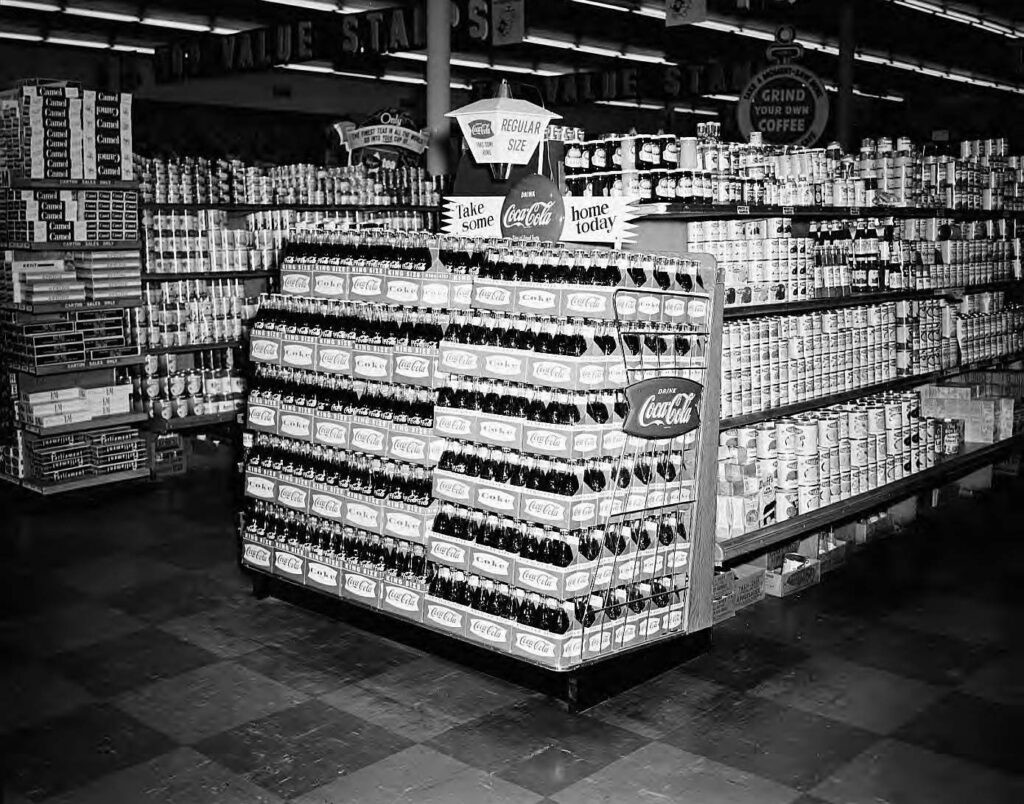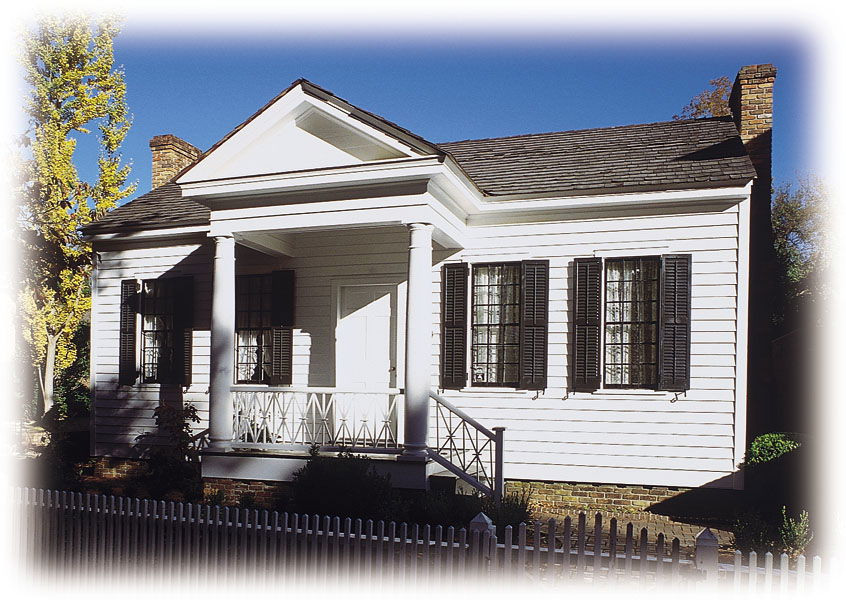John Stith Pemberton was more than just the inventor of Coca-Cola; he was a distinguished figure in Georgia’s medical community and a pioneering chemist. While Coca-Cola became his most famous creation, Pemberton’s life was marked by significant contributions to pharmaceuticals, medical reform, and agricultural chemical regulation. His enduring legacy extends beyond the iconic beverage to his vital work in establishing quality control in the agricultural sector, a testament to his expertise and dedication to public service.
Early Life and Path to Pharmacy
Born on January 8, 1831, in Knoxville, Crawford County, Georgia, John Pemberton’s early life was spent in Rome, Georgia, where his family resided for nearly three decades. He pursued his passion for medicine and pharmacy at the Reform Medical College of Georgia in Macon. By 1850, at the young age of nineteen, Pemberton obtained his license to practice medicine based on Thomsonian principles, a system emphasizing herbal remedies and body purification. This early training grounded him in the practical applications of botanical science, setting the stage for his later achievements in pharmaceutical chemistry. He began his medical practice in Rome and the surrounding areas before moving to Columbus, Georgia, in 1855. In Columbus, John Pemberton established a wholesale and retail drug business, specializing in materia medica, the foundational substances used in creating medical treatments. Prior to the Civil War, Pemberton furthered his expertise by earning a graduate degree in pharmacy, though the specific details of this achievement remain undocumented.
 Coca-Cola Bottles
Coca-Cola Bottles
Pemberton’s entrepreneurial spirit and scientific acumen were evident in his Columbus-based company, J. S. Pemberton and Company. Established in 1860, his laboratories were unique in the South, boasting state-of-the-art equipment valued at $35,000 – some of which he designed and patented himself. The company proudly declared itself as “direct importers, manufacturing all the pharmaceutical and chemical preparations used in the arts and sciences.” When these labs relocated to Atlanta in 1869, a reporter from the Atlanta Constitution lauded it as “one of the most splendid Chemical Laboratories that there is in the country,” highlighting its significance and advanced nature. These laboratories were not just a business venture for John Pemberton; they were a testament to his commitment to quality and innovation in pharmaceutical manufacturing.
 Pemberton House
Pemberton House
During the Civil War, John Pemberton served with distinction as a lieutenant colonel in the Third Georgia Cavalry Battalion, demonstrating his commitment to service beyond his professional endeavors. He was seriously wounded in action near Columbus in April 1865, a testament to his direct involvement in the conflict. Returning to civilian life, Pemberton became a key partner in Pemberton, Wilson, Taylor and Company in Atlanta in 1869, having moved there in 1870. His dedication to medical advancement led him to become a trustee of the Atlanta Medical College (later Emory University School of Medicine) in 1872. Expanding his business interests, John Pemberton also established operations in Philadelphia, Pennsylvania, to mass-produce his pharmaceutical brands. Further solidifying his role in the pharmaceutical field, he served on Georgia’s inaugural state examining board for pharmacists from 1881 to 1887, contributing to the professionalization and regulation of pharmacy practice in the state. While Atlanta newspapers recognized John Pemberton as “the most noted physician Atlanta ever had,” his lasting fame would stem from his laboratory innovations, most notably the formula for Coca-Cola.
The Accidental Invention of Coca-Cola
The story of Coca-Cola began with another popular beverage created by John Pemberton: Pemberton’s French Wine Coca. This drink gained considerable popularity in Atlanta and throughout the Southeast, establishing a strong demand for Pemberton’s concoctions. In 1885, an Atlanta Journal reporter sought out Pemberton for insights into his French Wine Coca. Pemberton described it as “composed of an extract from the leaf of Peruvian Coca, the purest wine, and the Kola nut.” He positioned it as a health tonic, beneficial for digestion, respiration, and the nervous system, drawing on the coca plant’s revered status among South American Indians. John Pemberton acknowledged his beverage was inspired by Vin Mariani, a celebrated French coca wine created by Mariani and Company of Paris.
The advent of prohibition in Atlanta in 1886 forced John Pemberton to adapt his popular drink. With the sale of wine prohibited, he reformulated his French Wine Coca, replacing the wine with sugar syrup. Crucially, he rebranded it as “Coca-Cola,” marketing it as an ideal temperance drink. To bring Coca-Cola to a wider market, Pemberton sought financial partners and established a company. He entrusted his son Charles with the manufacturing process. Even after prohibition ended in 1887, John Pemberton continued to produce both French Wine Coca and the newly popular Coca-Cola. He planned to fully dedicate himself to promoting his beverages, intending to sell his drugstores and retire from active medical practice. Businessmen recognized the potential of Coca-Cola, and John Pemberton secured financing to establish the Coca-Cola Company. He was set to receive royalties based on Coca-Cola sales.
John Pemberton typically structured his businesses as partnerships initially, transitioning them into corporations. In March 1888, after eight months as a partnership, he initiated the incorporation of the first Coca-Cola Company in Fulton County Superior Court. Tragically, just five months later, on August 16, 1888, John Pemberton passed away at his Atlanta home. His death was deeply mourned by the Atlanta community. On the day of his funeral, Atlanta pharmacists closed their businesses as a mark of respect. No Coca-Cola was sold in Atlanta that day, a city-wide tribute to its inventor. John Pemberton was buried in Columbus, Georgia, honored as a leading citizen and a pioneer in both pharmaceuticals and the beverage industry. His legacy as the inventor of Coca-Cola, and as a respected chemist and businessman, endures.
